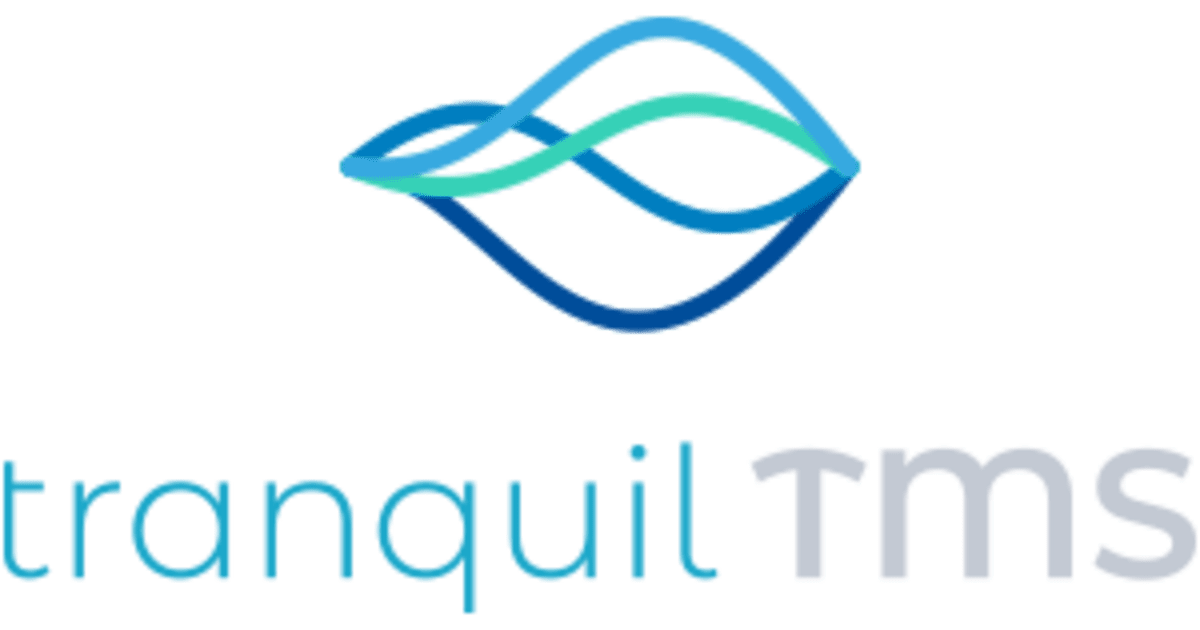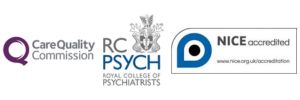The clocks have gone back, evenings are darker and temperatures have dropped, cue Seasonal Affective Disorder (SAD): a type of depression that typically arises as we head into frostier climes. SAD is also called ‘winter depression’.
Around a third of people in the UK suffer from SAD, with symptoms most severe during December, January and February. Women tend to be most affected; with approximately 40 per cent of females more likely than men to experience symptoms of the condition. For eight per cent of people the symptoms are acute, while the remaining 21 per cent suffer a milder form of sub-syndromal SAD, according to a 2014 study from The Weather Channel and YouGov.
SAD can be debilitating leaving sufferers with a number of psychological and physical symptoms, ranging from low energy levels, low self-esteem and anxiety, to craving carbohydrates and gaining weight.
What causes SAD?
The cause of SAD is still debated. One school of thought is that SAD happens when our circadian rhythm is disrupted as the days grow shorter.
Other theories propose that it occurs due to an imbalance in serotonin and melatonin in the body. Serotonin makes us feel energetic, while the release of melatonin makes us feel sleepy.
Treatment options
Traditionally the main treatments for SAD are talking therapies, such as counselling and cognitive behavioural therapy, and light therapy, whereby sufferers are encouraged to purchase a light box that simulates sunlight exposure – these are usually kept in people’s bedrooms. Some patients are also prescribed antidepressant medication, such as selective serotonin reuptake inhibitors (SSRI).
Why choose rTMS for SAD?
Repetitive Transcranial Magnetic Stimulation is a highly successful non-invasive, medication free treatment for all types of depression and anxiety, including SAD. There are no preparations needed to be made by the patient beforehand, and no recovery period after a rTMS session, with people able to resume their daily activities immediately.
Senior Consultant Psychiatrist at Tranquil TMS, Dr Babu Nayar, explains how the treatment works: “rTMS uses magnetic pulses to target specific areas in the brain that are known to under perform in Depression and Anxiety and thereby improve their functioning levels.
“It is a proven effective treatment for depressive and anxiety symptoms, with the added benefits of minimal side effects and a shorter duration of treatment, compared to medications and other therapies.”
rTMS is covered by a number of insurance companies and is NICE and FDA approved.
For more information or to book a free telephone consultation with one of our specialists, please call 0800 193 0914 or visit https://www.tranquiltms.co.uk/contact-us/


